This article was medically reviewed by Luba Lee, FNP-BC, MS. Luba Lee, FNP-BC is a Board-Certified Family Nurse Practitioner (FNP) and educator in Tennessee with over a decade of clinical experience. Luba has certifications in Pediatric Advanced Life Support (PALS), Emergency Medicine, Advanced Cardiac Life Support (ACLS), Team Building, and Critical Care Nursing. She received her Master of Science in Nursing (MSN) from the University of Tennessee in 2006.
There are 15 references cited in this article, which can be found at the bottom of the page.
wikiHow marks an article as reader-approved once it receives enough positive feedback. In this case, 100% of readers who voted found the article helpful, earning it our reader-approved status.
This article has been viewed 401,146 times.
Occasional constipation is common, but that doesn't make it any less of a pain. Fortunately, there are tons of easy lifestyle changes you can make to regulate your digestive system so you don't have to deal with constipation. From changing up your diet to staying active, there's a lot you can do to avoid constipation in the future!
Steps
Expert Q&A
-
QuestionI have faced constipation over the previous 4 years. I used almond oil, but couldn't get a favourable result. I am very worried about it. Can you please give me useful suggestions to get rid of this disease?
 Luba Lee, FNP-BC, MSLuba Lee, FNP-BC is a Board-Certified Family Nurse Practitioner (FNP) and educator in Tennessee with over a decade of clinical experience. Luba has certifications in Pediatric Advanced Life Support (PALS), Emergency Medicine, Advanced Cardiac Life Support (ACLS), Team Building, and Critical Care Nursing. She received her Master of Science in Nursing (MSN) from the University of Tennessee in 2006.
Luba Lee, FNP-BC, MSLuba Lee, FNP-BC is a Board-Certified Family Nurse Practitioner (FNP) and educator in Tennessee with over a decade of clinical experience. Luba has certifications in Pediatric Advanced Life Support (PALS), Emergency Medicine, Advanced Cardiac Life Support (ACLS), Team Building, and Critical Care Nursing. She received her Master of Science in Nursing (MSN) from the University of Tennessee in 2006.
Board-Certified Family Nurse Practitioner Start by drinking 8-12 glasses of water a day to keep hydrated. You should also decrease dehydrating beverages, such as caffeinated drinks and alcohol. Next, eat a fiber-rich diet and/or take fiber supplements, such as psyllium fiber. Make sure that you're exercising daily to keep your bowels moving. If necessary, try mild laxatives or senna tea to help you have a bowel movement. If nothing helps, talk to your healthcare provider to get to the root of your ongoing symptoms.
Start by drinking 8-12 glasses of water a day to keep hydrated. You should also decrease dehydrating beverages, such as caffeinated drinks and alcohol. Next, eat a fiber-rich diet and/or take fiber supplements, such as psyllium fiber. Make sure that you're exercising daily to keep your bowels moving. If necessary, try mild laxatives or senna tea to help you have a bowel movement. If nothing helps, talk to your healthcare provider to get to the root of your ongoing symptoms.
Warnings
- If constipation alternates with diarrhea, persists for long periods of time, or blood is passed with stools, know that it is definitely time for a chat with the doctor.[18]⧼thumbs_response⧽
- Avoid harsh laxatives, especially when they are used long-term. It’s important to prevent constipation or ease symptoms when it occurs, but you can become dependent on laxatives over time.[19]⧼thumbs_response⧽
References
- ↑ http://www.nhs.uk/Conditions/Constipation/Pages/Prevention.aspx
- ↑ https://www.mayoclinic.org/healthy-lifestyle/nutrition-and-healthy-eating/expert-answers/fiber-supplements/faq-20058513
- ↑ https://pubmed.ncbi.nlm.nih.gov/21323688/
- ↑ https://familydoctor.org/fiber-how-to-increase-the-amount-in-your-diet/?adfree=true
- ↑ https://pubmed.ncbi.nlm.nih.gov/18533353/
- ↑ http://www.nhs.uk/Conditions/Constipation/Pages/Prevention.aspx
- ↑ http://www.nlm.nih.gov/medlineplus/ency/patientinstructions/000120.htm
- ↑ http://www.nlm.nih.gov/medlineplus/ency/patientinstructions/000120.htm
- ↑ https://www.mayoclinic.org/healthy-lifestyle/nutrition-and-healthy-eating/in-depth/alcohol/art-20044551
- ↑ http://www.nlm.nih.gov/medlineplus/ency/patientinstructions/000120.htm
- ↑ https://www.mayoclinic.org/healthy-lifestyle/fitness/expert-answers/exercise/faq-20057916
- ↑ https://my.clevelandclinic.org/health/diseases/4059-constipation#management-and-treatment
- ↑ https://my.clevelandclinic.org/health/diseases/4059-constipation
- ↑ https://www.nhs.uk/medicines/senna/
- ↑ https://my.clevelandclinic.org/health/drugs/18391-castor-oil-oral-solution
- ↑ https://wa.kaiserpermanente.org/kbase/topic.jhtml?docId=hn-2078009
- ↑ https://www.mayoclinic.org/diseases-conditions/constipation/symptoms-causes/syc-20354253
- ↑ https://www.mayoclinic.org/diseases-conditions/constipation/symptoms-causes/syc-20354253
- ↑ https://www.mayoclinic.org/diseases-conditions/constipation/in-depth/laxatives/art-20045906
About This Article
To avoid constipation, try eating foods that are naturally high in fiber, such as broccoli, lentils, bran, and fruit. Alternatively, take a fiber supplement to make sure you’re getting enough to stay regular. You can also eat a serving of yogurt a day to balance your gut bacteria, since constipation is often caused by unhealthy gut flora. Also, drink at least 8 cups of water each day since dehydration can cause constipation or make it worse. For tips from our Nurse reviewer on how to get quick relief from constipation, read on!
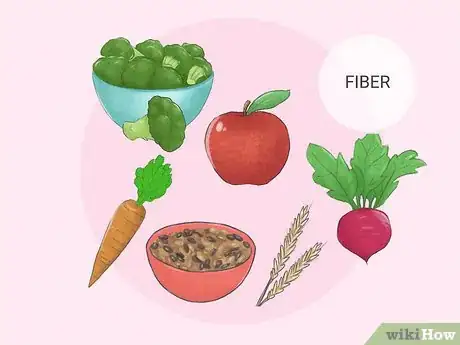
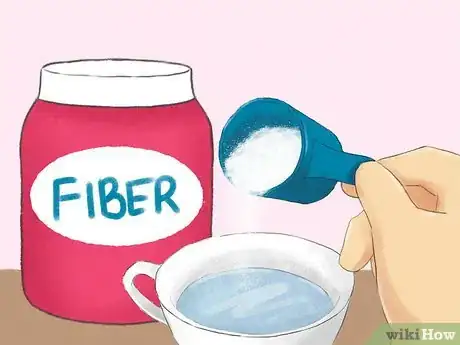



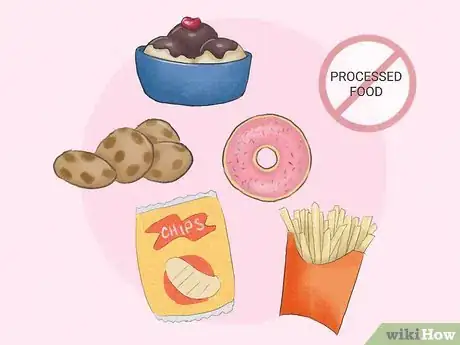


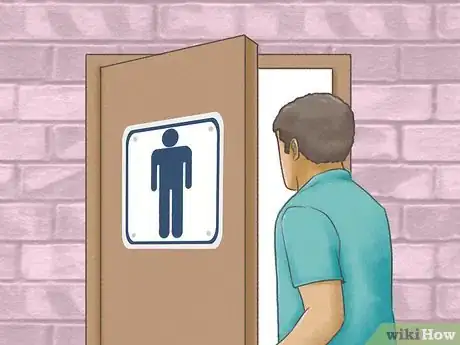
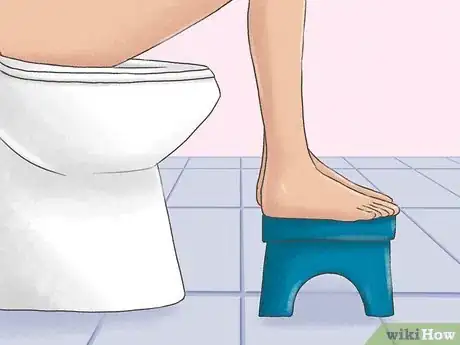
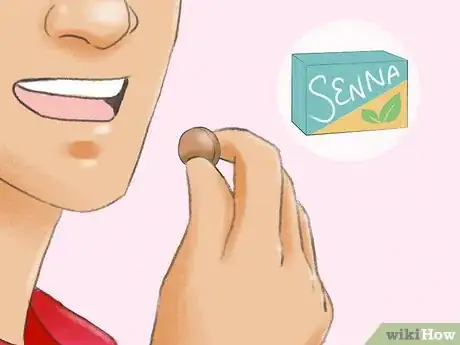
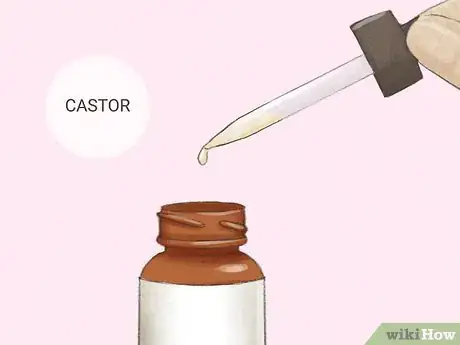



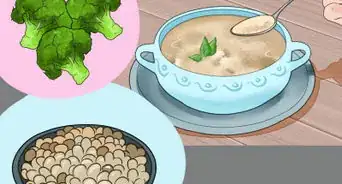
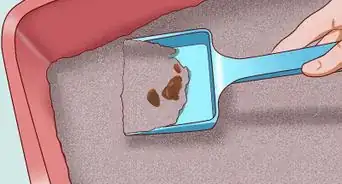

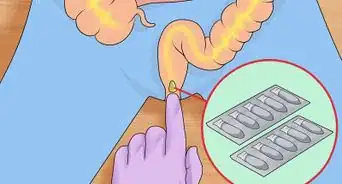

















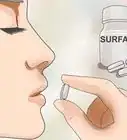


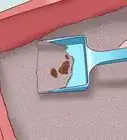



































Medical Disclaimer
The content of this article is not intended to be a substitute for professional medical advice, examination, diagnosis, or treatment. You should always contact your doctor or other qualified healthcare professional before starting, changing, or stopping any kind of health treatment.
Read More...